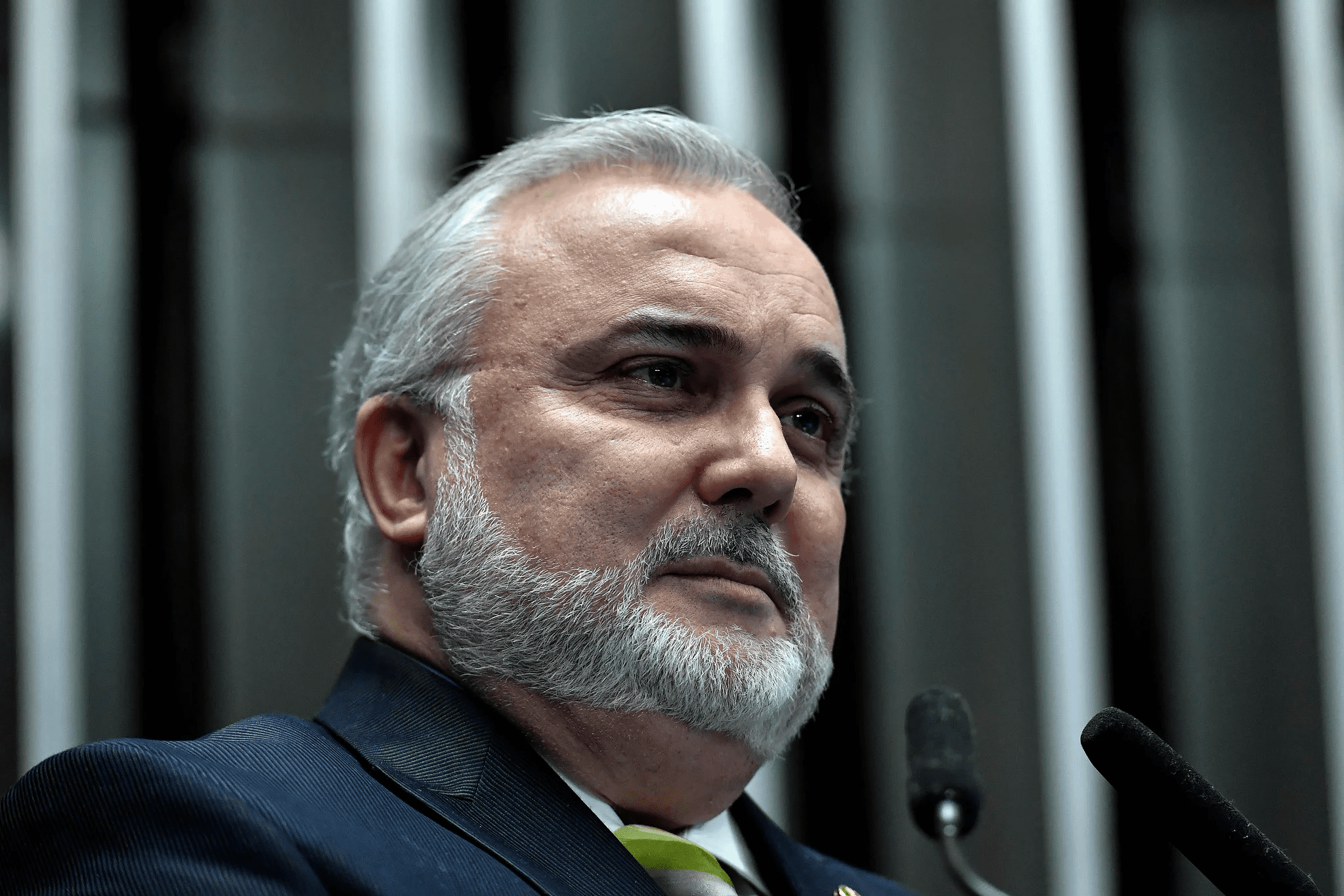Brazil’s state-run oil company Petrobras is considering the possibility of boosting its investments in the upcoming five-year business plan by as much as 10%, according to statements made by Chief Financial Officer, Sergio Caetano Leite. If approved, this adjustment could elevate the company’s capital expenditures to approximately US$86 billion.
The discussions surrounding the 2024-2028 business plan, set to be published by the end of this year, signal Petrobras’ proactive approach to aligning its operations with President Luiz Inacio Lula da Silva’s vision of augmenting investments and spearheading a green transition.
The proposed increase, which includes adjustments for inflation totaling around US$4 billion and an allocation of between US$1 billion and US$4 billion for new projects, underscores Petrobras’ ambition to fortify its position in the energy sector.
“We are going to adjust the plan for inflation and signal larger investments based on that correction,” Fernando Leite, the executive manager of Petrobras’ planning explained. “But there is indeed more money going to investments.”
Petrobras’ five-year plan through 2027 includes delivering sustainable results for a society in transition, strengthening its low-carbon positioning; maximising the value of its portfolio, with a focus on deepwater and ultra-deepwater assets; adding value to its refining park, with more efficient processes and new products; strengthening the integration of marketing and logistics activities; and innovating new ways to generate value in business and achieve its goals in decarbonisation.
Brazil halts dumping of Petrobras assets to pursue new energy policy | OilNOW
The consideration comes after Petrobras CEO Jean Paul Prates stated that the forthcoming five-year business plan would maintain investments at a level roughly consistent with the last one. The 2023-2027 plan, approved in December of the previous year, outlined expenditures amounting to US$78 billion.
Despite the potential increase in investments, Petrobras is determined to keep its gross debt within the range of US$50 billion and US$65 billion.



